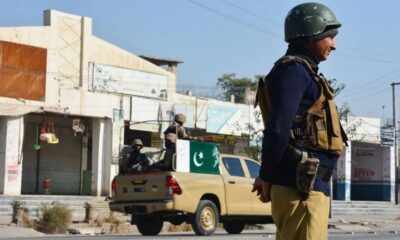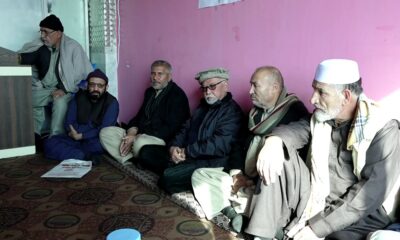Latest News
UN relief chief stresses need to stay and deliver for all Afghans
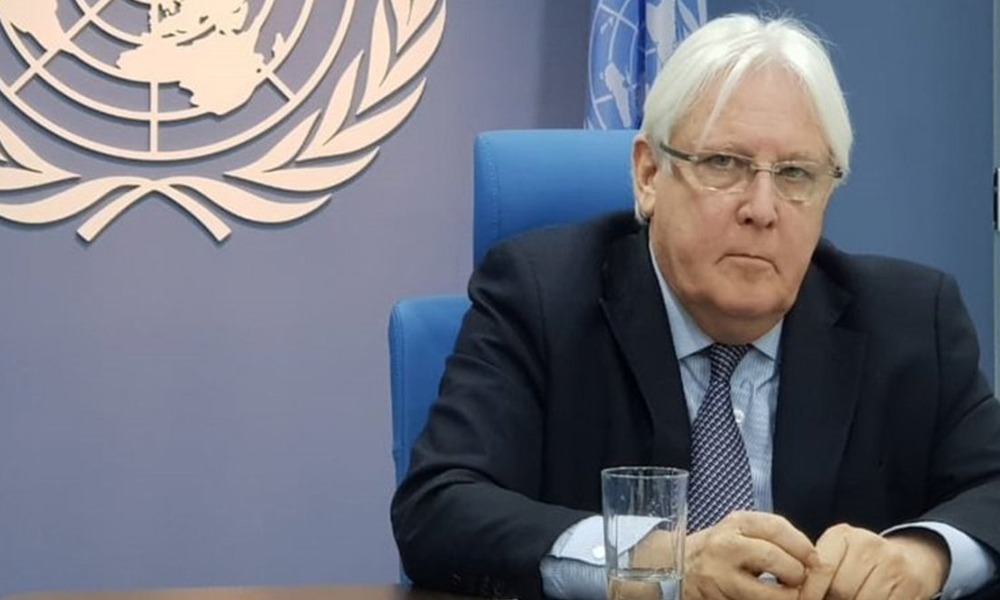
UN Humanitarian Coordinator Martin Griffiths, who briefed ambassadors, reported on the ongoing hardships and uncertainty facing Afghans, nearly half of whom – 24 million people – require aid relief to survive.
“Afghanistan’s crisis is a humanitarian crisis, but it’s not only that. It’s an economic crisis. It’s a climate crisis. It’s a hunger crisis. It’s a financial crisis. But it’s not a hopeless crisis,” he said.
Although conflict, poverty, climate shocks and food insecurity have long been a “sad reality” for Afghanistan, Griffiths outlined why the current situation is so critical.
Firstly, large-scale development assistance has been halted for a year in a country that was already facing severe levels of food insecurity and malnutrition, which have only deteriorated.
Humanitarians are also confronting an “exceptionally challenging” operating environment, he added, as engaging with the authorities is “labour intensive”.
Furthermore, there is no confidence in the domestic banking sector which has sparked a liquidity crisis, that has affected aid delivery, he said.
A Humanitarian Exchange Facility intended to partially alleviate the liquidity crisis, is still being negotiated with Islamic Emirate of Afghanistan leaders.
Meanwhile women and girls “have been pushed to the sidelines”, Griffiths added.
“In the 21st century, we should not need to explain why girls’ education and women’s empowerment are important to them, to their communities, to their countries, and indeed to all of us,” he said.
He stressed that preserving basic service delivery alongside humanitarian assistance “remains the only way to prevent a catastrophe even greater than what we have seen these many months.”
He reported that poverty is still deepening, the population continues to grow, and the authorities have no budget to invest in their own future, making it clear that “some development support needs to be restarted”.
A $4.4 billion Humanitarian Response Plan for Afghanistan currently has a gap of $3.14 billion, he said.
With winter approaching, more than $600 million is urgently needed to support priority preparedness activities, such as upgrades and repairs to shelters, as well as provision of warm clothes and blankets.
Additionally, $154 million is needed to pre-position supplies, including food and livelihood assistance, before the winter weather cuts off access to some areas of the country.
“The people of Afghanistan are still there. They have shown incredible resilience over the decades and in this last year. Our task is to help them to prosper, to flourish and to be safe,” said Griffiths, who also called for action by the IEA authorities.
“Bureaucratic interferences and procedures slow down humanitarian assistance when it is needed most. Female humanitarian aid workers – both national and international – must be allowed to work unhindered and securely. And girls must be allowed to continue their education.”
Markus Potzel, the Secretary-General’s Acting Special Representative for Afghanistan, reported on the UN’s ongoing engagement with the IEA, as well as efforts towards promoting inclusive governance, rights and freedoms.
He said the IEA has been “ambiguous” as to the extent to which they want to engage, predicated on being in accordance with their interpretation of Sharia law.
Potzel underlined the vital need to move “beyond an exchange of hardened positions” towards a sustained dialogue between the IEA, other Afghan stakeholders, the wider region and the international community.
“Such dialogue must place the interests of all Afghans at its centre," he advised.
“The future stability of Afghanistan rests on meeting the needs of the Afghan people, preserving their rights, and reflecting the country’s diversity in all governance structures."
Latest News
G7 envoys urge national dialogue for lasting stability in Afghanistan

Special Representatives of the Group of Seven (G7), including the European Union, have emphasized the importance of a national dialogue for achieving long-term stability in Afghanistan.
Following a meeting on Afghanistan in Geneva, Switzerland, G7 special envoys issued a joint statement calling for the restoration of women's rights and urging the Islamic Emirate to fight terrorism.
The statement reads: "Achieving sustainable peace and stability requires credible governance that represents all segments of Afghan society."
The representatives also expressed concern over the IEA’s decision to ban girls from attending medical institutes, warning that it will have devastating consequences for the citizens, particularly mothers and their infants.
The statement described this ban as unacceptable and called on the Afghan authorities to lift it immediately.
Earlier, countries and international organizations had called for the removal of restrictions on the education and employment of women and girls, emphasizing the need for a national dialogue.
In response to these concerns, IEA has repeatedly stated that it will not allow interference in the internal affairs of the country.
The G7 special envoys also expressed their concern about the recent terrorist attacks in Kabul and the surrounding region, warning that terrorism remains a serious threat to Afghanistan's security. They confirmed the actions of the IEA against Daesh but stressed the need for more decisive measures.
Latest News
Afghanistan’s bright future lies in educating girls: Karzai
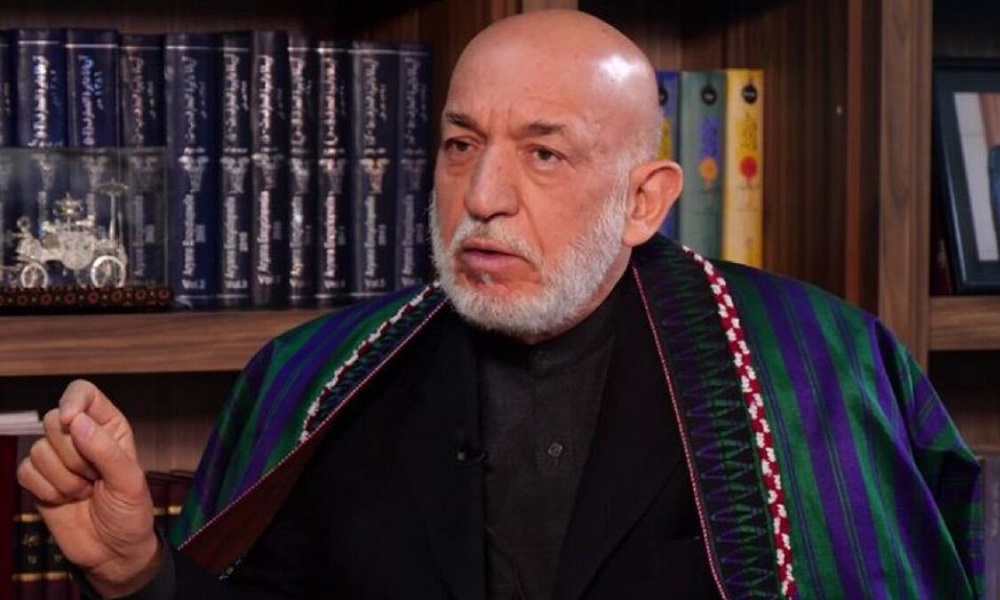
Hamid Karzai, the former president of Afghanistan, says the demand of Afghan girls for the reopening of schools and universities is their fundamental right and adds that Afghanistan cannot have a bright future without ensuring access to education for girls.
In a statement on his X (formerly Twitter) account, Karzai said: "The demand and voice of our country’s girls for education and knowledge is a rightful one and crucial for a prosperous Afghanistan."
He further emphasized, "Empowering the youth—both girls and boys—is the only way to achieve self-reliance, break the cycle of poverty, and drive the development and prosperity of society."
Karzai underscored that education is vital for Afghanistan’s growth and development, expressing hope that the doors of schools and universities for girls will be reopened as soon as possible.
Latest News
IEA to set up special courts to address pensions
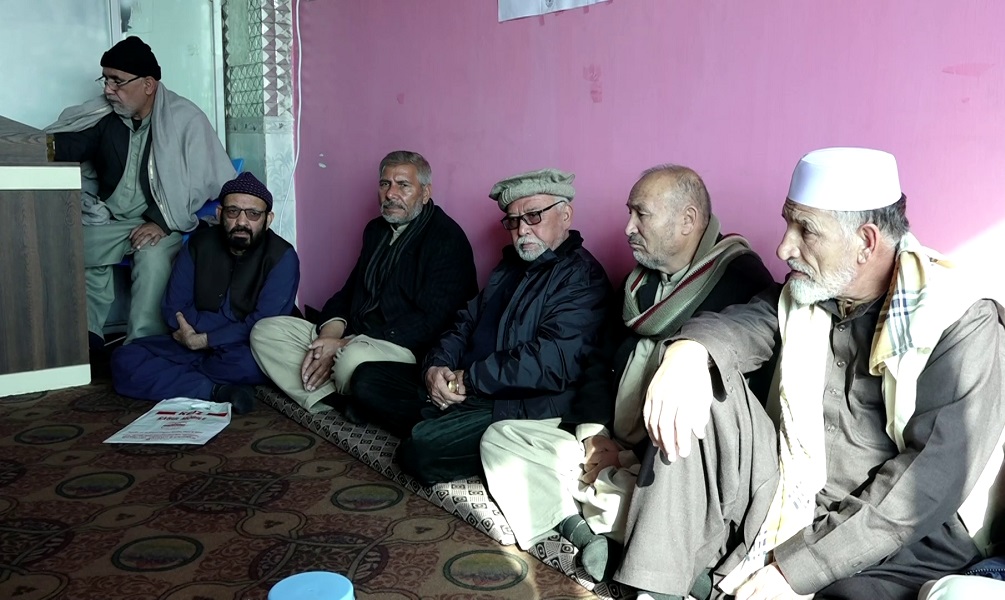
Mawlawi Hebatullah Akhundzada, the supreme leader of the Islamic Emirate of Afghanistan (IEA), has issued a decree to establish special courts to address pensions, Bakhtar news agency reported on Saturday.
According to the decree, the courts must confirm and process pensions in accordance with Sharia and law.
Pensioners have repeatedly voiced concern over delay in payment, saying that their financial challenges are growing.
Earlier this year, IEA's supreme leader banned money being deducted from salaries of government employees for pensions.
He also requested information on the tenure of employees and the total amount deducted from salaries for pensions.
-

 Regional5 days ago
Regional5 days agoBomb kills chief of Russian nuclear protection forces in Moscow
-

 Sport5 days ago
Sport5 days agoATN once again seals deal to broadcast upcoming IPL across Afghanistan
-

 Sport5 days ago
Sport5 days agoLanka T10: All three matches abandoned due to rain
-

 Latest News5 days ago
Latest News5 days agoIndia hoping to import coal and marble from Afghanistan
-

 Sport4 days ago
Sport4 days agoZimbabwe’s opening ODI against Afghanistan abandoned
-

 Latest News5 days ago
Latest News5 days agoFuel prices rise in Herat as winter approaches
-

 Latest News5 days ago
Latest News5 days agoJapan announces $27.5 million aid package to Afghanistan
-

 Latest News3 days ago
Latest News3 days agoTwo horror accidents on Kabul-Kandahar highway leave 52 dead










